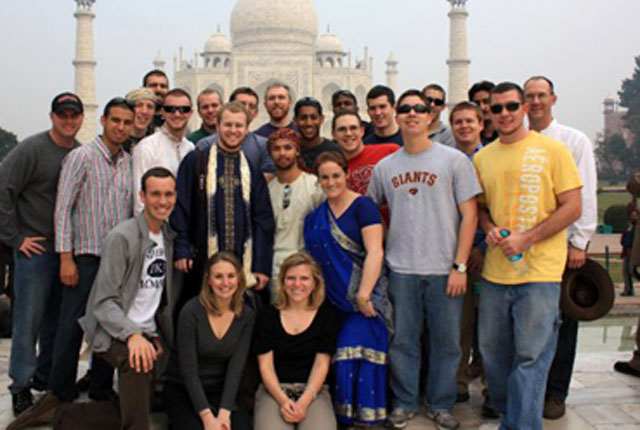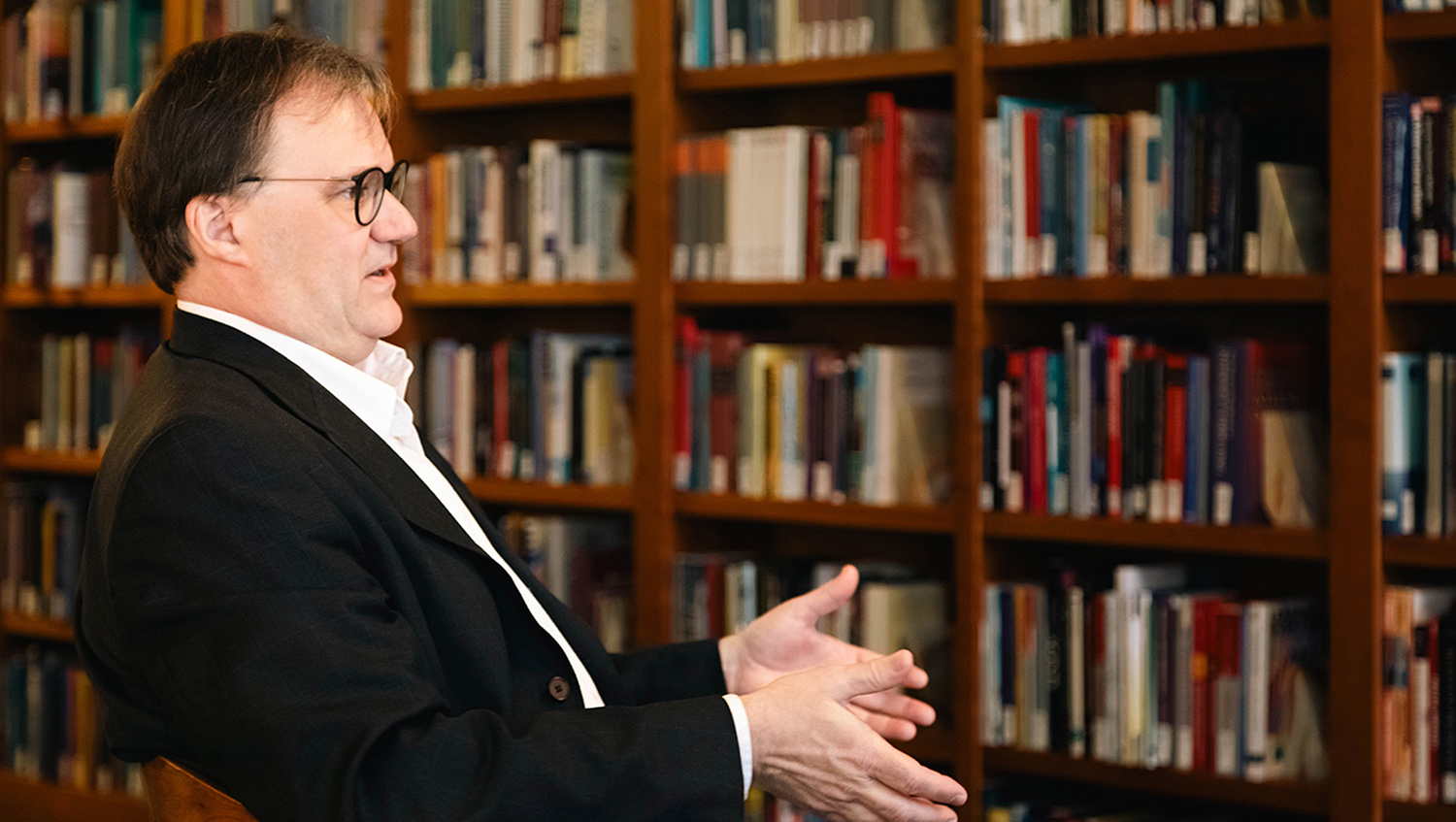Helping Soldiers Talk the Talk

Ten hours a day, studying a foreign language? That’s daunting. But it’s far less daunting than navigating a foreign country without the ability to communicate.
For the last two summers, future Army officers at NC State have put in those hours of study to give themselves an advantage in the field And with funding from the US Army, special operations soldiers from Ft. Bragg will soon join them.
In 2009, the Department of Foreign Languages and Literatures received a grant to teach ROTC students five critical languages: Arabic, Chinese, Persian, Russian and Urdu. The grant launched Project Gold, a summer program that includes six hours in the classroom and up to four hours of homework each day. The classes, which are open to ROTC and non-ROTC students, cover two semesters of material in just six weeks.
The first three hours each day focus on grammar, vocabulary and practice. The last three aim to convey a sense of the culture surrounding the language. Inas Messiha, who teaches Arabic at NC State, said this portion could include films and food from Arabic-speaking countries. “You really have to create an environment where students are challenged and are completely engaged all the time,” Messiha said.
The immersive approach worked for Zack Boyd, a cadet studying political science at NC State. Boyd went to China last summer as part of Project Gold. “I remember being in the middle of Shanghai, one of the largest cities in the world, lost and using the material we learned in class to guide the taxi driver to our hotel,” said Boyd, a junior from Fayetteville.
The success of Project Gold led to a $1.8 million grant from the National Security Education Program, which is administered by the Institute for International Education. With that grant, NC State is establishing the Language Training Center, which will use the same immersive approach to teach critical languages to special operations soldiers. Starting in January, NC State faculty will teach intensive, six-week sessions at the John F. Kennedy Special Warfare Center and School (SWCS) at Ft. Bragg.
During 2012 summer sessions, active-duty soldiers will join ROTC students from NC State and other universities, as well as non-ROTC NC State students, for the same type of instruction. The students “are going to benefit from the presence in those classes of some men who’ve been in some unusual places doing some extraordinary things,” said Ruth Gross, professor of German and head of the Department of Foreign Languages and Literatures, which is part of the College of Humanities and Social Sciences. Gross is also principal investigator for the project.
The partnership between NC State and the SWCS is part of a larger joint effort involving the University of North Carolina system and the military. It marks an evolution in cooperation between the military and higher education, according to Dwight Stephens, director of NC State’s Critical Languages Program.
“The historical separation of the public academic institutions and the military is sort of dissolving,” Stephens said. “We’re realizing that there is a lot to share and a lot to learn from each other.”
Language proficiency among ROTC cadets is a high priority for the US Army, according to Capt. Joseph Cofiori, assistant military science professor and member of the Army ROTC cadre at NC State. It’s a force multiplier, he said, a skill that vastly increases a solder’s potential. “We don’t operate stateside,” Cofiori said.
“We operate in places where people don’t speak English as their primary language. It enhances the mission when you can communicate with the locals in the country where you operate.” “I think it’s crucial for us to send people who know, not just the languages, but the culture of the places they’re going,” Messiha said.
“The difference between how you say a word correctly and incorrectly is sometimes literally the difference between life and death.”
- Categories:


